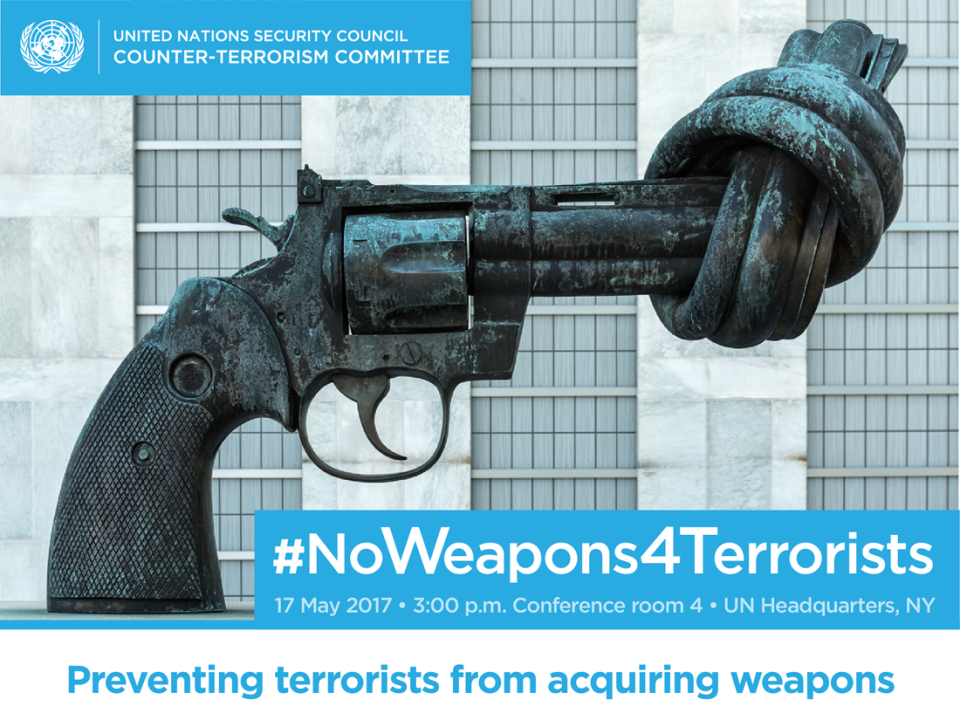The Debate on Partial Pension Fund Access in Botswana
The issue of allowing partial access to pension funds during active service has sparked significant discussion among policymakers and the public. Minister of Finance, Mr Ndaba Gaolathe, emphasized that any consideration of such a policy must carefully balance the need for short-term financial relief with the long-term goal of ensuring adequate retirement income.
Mr Gaolathe was responding to a question from the Member of Parliament for Molepolole North, Mr Arafat Khan. He highlighted that the current framework is primarily designed to promote long-term savings and financial security after retirement. However, he acknowledged that the ministry had taken note of developments in neighboring countries, including South Africa’s introduction of the “two pot” retirement system.
While Botswana has not implemented a similar model, the Non-Bank Financial Institutions Regulatory Authority (NBFIRA) conducted a consultancy on the Botswana Pension System in 2023. This study aimed to assess the effectiveness and adequacy of the existing pension system, with the goal of informing government’s response to public calls for withdrawal flexibility, especially from active pension members.
According to Mr Gaolathe, the study confirmed that the current regulatory framework is effective in regulating the pensions sector. However, he warned that partial withdrawals could provide relief in times of financial hardship but might also reduce retirement income if not managed carefully.
He noted that some public officers experience financial distress during their service years and that a well-designed and regulated system allowing limited withdrawals could offer relief while maintaining the integrity of retirement savings. Nevertheless, such reforms must be informed by robust actuarial assessments, sound policy design, and broad stakeholder consultations to mitigate potential fiscal or social risks.
Another critical factor considered by the ministry is the declining life expectancy in Botswana. Despite this, Mr Gaolathe reiterated that the core objective of pension schemes remains ensuring post-retirement income security and dignity.
In addition, he mentioned that with early retirement incentives, the Directorate of Public Service Management would continue exploring various human resource strategies to rejuvenate the public workforce as a measure to address youth unemployment.
Government, according to Mr Gaolathe, continuously reviews policies governing pension administration to ensure they remain responsive to the evolving socio-economic environment. The ministry remains committed to ensuring that Botswana’s pension system is sustainable, equitable, and responsive to both the needs of public officers and broader macroeconomic realities.
He emphasized that ongoing consultations and studies would inform any future policy proposals. Any proposal in this regard would be developed in consultation with relevant ministries, unions, and pension administrators to ensure fiscal sustainability and equity.
Mr Khan had asked the minister whether they had ever considered allowing public officers to access a portion of their pension fund while still in active service. Mr Gaolathe explained that such reforms would allow fund members to make partial withdrawals from their retirement savings before retirement, while preserving a portion strictly for post-retirement use.
He added that the reform could enable public officers to continue saving for the long-term while offering flexibility to address financial distress during their service years.
